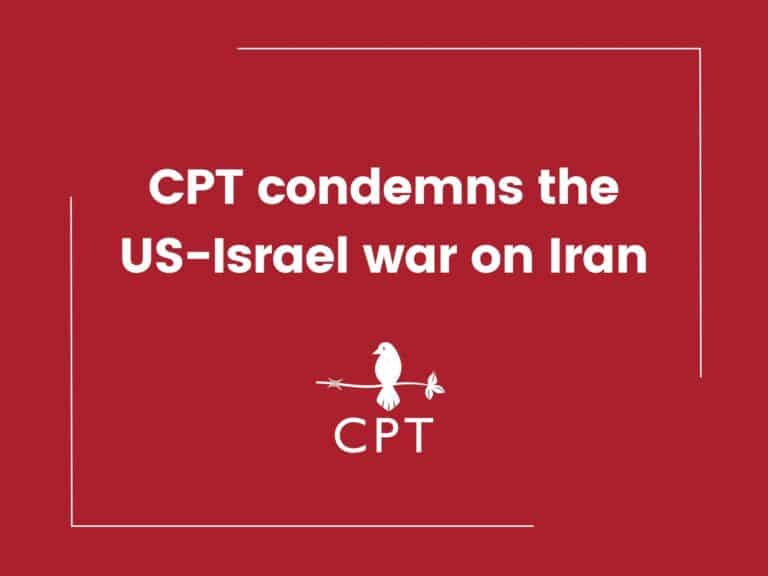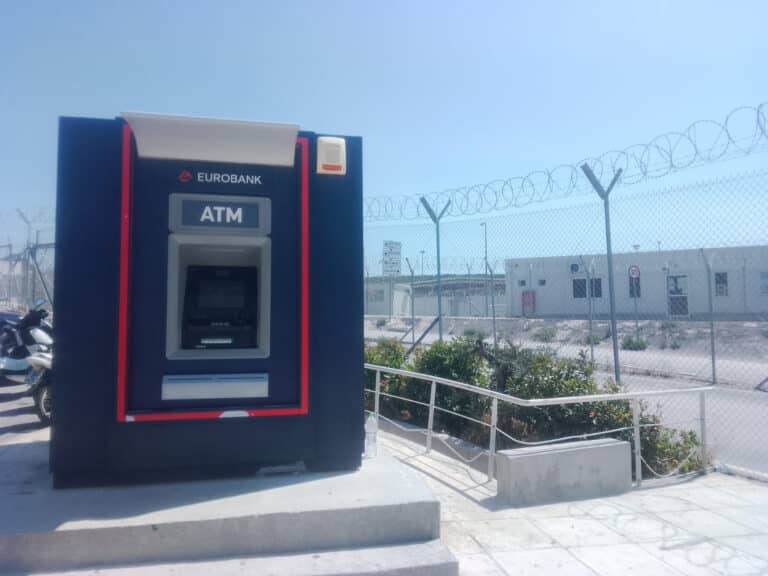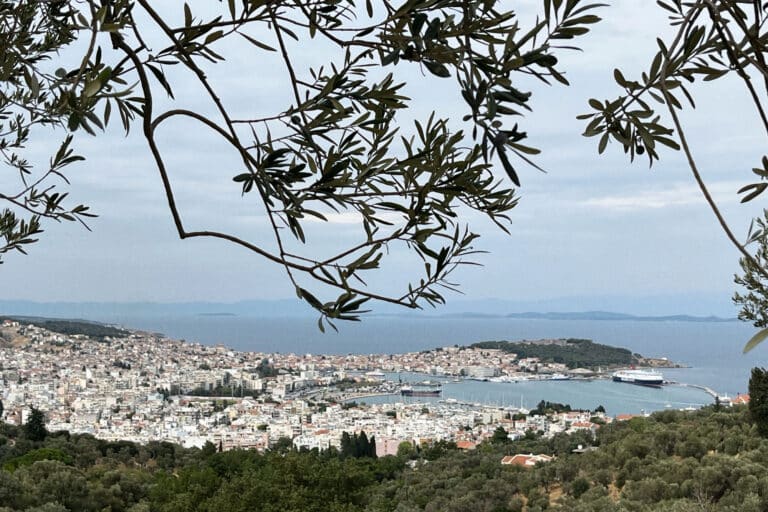The work of international solidarity peacemaking is sometimes inaccessible. How does one contribute to the discourse and action for nonviolent change in a country that is not theirs? These days, sharing content on social media platforms also counts as solidarity, but is it enough? For nearly four decades now, we have tried to answer this question: how do we facilitate international solidarity that not only assuages learning curiosity but also fosters collaboration and action for nonviolent change? The answer was delegations.
Delegates who witness firsthand CPT’s on-the-ground experiment in non-violence have gone on to staff the organisation, but more importantly, have gone on to make a difference in their spheres of influence. The most common feedback is, “I had a life-changing experience.” The discovery of common ground and human connectedness always leads to profound solidarity. I joined my first delegation in 2009 to Iraqi Kurdistan. After meeting with victims of cross-border bombings and living under the occupation of the US military, I came back with a language to talk about the victims’ accounts of atrocities and injustices they had experienced. I remember a meeting we had with the Mothers for Peace, an organisation of mothers who have lost children in the armed conflict between Kurdish rebels and the militaries of Turkey and Iraq, which reminded me of the Mothers of Plaza de Mayo, Argentina who demanded the return of their disappeared children. There was a connection here. I can only imagine the number of mothers worldwide who would join together to demand justice for their killed and disappeared children. Building coalitions of international solidarity is possible, and it most easily happens when we have personal connections, lived experiences and bonds in the struggle for justice.
We have just announced new delegation dates for 2025 and would love it if you could join us. Check them out, and let us know if you have any questions. Come find out what this experiment on non-violence is all about.




